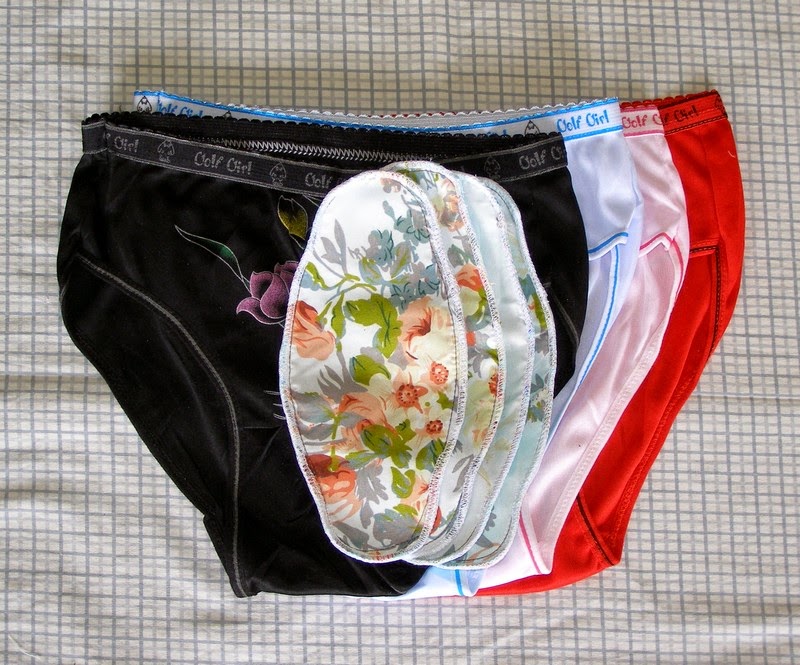It feels in some way appropriate that the name of the 24th and last school that we reached with the pads ministry this year has a certain ring of finality about it, “Kibong!”
 |
| Pads are handed out at Kibong Primary School. The hill in the background feels closer than the picture shows. |
As schools go it was
rather pleasant; the school itself was fairly new and well maintained
but the village is set on level ground nestling between a couple of
rocky hills, giving it a more interesting aspect than almost all the
others we have visited. Most of our schools are set in a relatively
featureless, mainly flat landscape with only trees to draw the
eye. It has to be said that the trees are often rather fine, in some
ways reminiscent of an English woodland landscape only that, on
closer inspection they are clearly not Oak, Ash or Chestnut. This is
bush country, just a bit too dry to be jungle but allows a great
variety of trees to flourish. So far, the agricultural land use is
not so intensive that all the trees have been cleared; perhaps
because the vast majority of land is still managed using man and
woman power; oxen may be used for ploughing but are of no use for
weeding or harvesting. There are currently still plenty of tracts of
native bush, including mature trees, between the cultivated areas.
Perhaps mechanisation or population pressure will change this in a
generation or two.
 |
| This man has sewn all but the first small batch of pads this year! |
But I digress.
Whilst landscape and environment are important and interesting, it is
the people that we are here to serve; for this work, that means
schoolgirls. Now, I have explained at length before that equal
opportunity in education for boys and girls is a good thing and this
is really the first generation here in the rural North of Uganda that
have had that opportunity; very many of the mothers of our girls and
quite a lot of the fathers had no formal education at all. But when
the girls come to puberty and get ambushed by their menstrual cycles,
equality of opportunity begins to vaporise.
In the West, periods are
a problem1
to be managed, supported by an obliging sanitary hygiene industry.
Here, for girls in the mixed schools of rural Uganda, that turns into
a week at home, starting with potential embarrassment, maybe shame,
every cycle. Sanitary pads are available but at the cost of around
two days income. What chance do the girls have of reaching their
academic potential in these circumstances?
 |
| What you see is what they get. |
So this year we have
manufactured 10,399 washable sanitary pads, using 138m of polyester
fleece, 233m of PVC sheet and 43 bedsheets. We have bought 10,368
pairs of knickers in 7 trips to Lira. It takes a whole day to journey
to and from Lira, about 3 hours away, for my colleague Milly.
Travelling early in the back of a truck, she buys up to 130 dozen
knickers from a number of traders and always comes back with exactly
the required number, despite never writing anything down!
We have visited 24
schools, providing 4 pads and 4 pairs of knickers to 2647 girls2.
We have actually talked to 2200 girls; in every school there are
some off sick, away at an athletics competition, excluded from
failure to pay the PTA fee etc. And of course, at any time, there are
some who are at home waiting for their period to pass.
All this was done as
economically as possible, at a cost of £2.46 (3.68 $US) per child,
paid for by interested individuals and churches in the UK, Australia
and America. Thank you! You have helped these young people by solving
one key life problem for them. They have plenty of other problems to
face but solving this one gives them a good start in facing the
others.
Notes.
1.
Men tend to cautiously think that it is rather incorrect to call
menstruation a 'problem', perhaps arguing it is a normal bodily function of
healthy people; most women seem to disagree. I will go with the
women on this!
2. If
you do the maths you will find that dividing 10364 (knickers) by 4
gives 2591 girls, whereas we recorded 2647 girls. There were a very
few cases when we arrived at a school and there were more girls than
the school had informed us of and we had no backup stock. In these
cases we reduced a few girls down to 3 and 3. This may account for
the difference. But it remains an unsolved puzzle for the moment.

.jpg)











